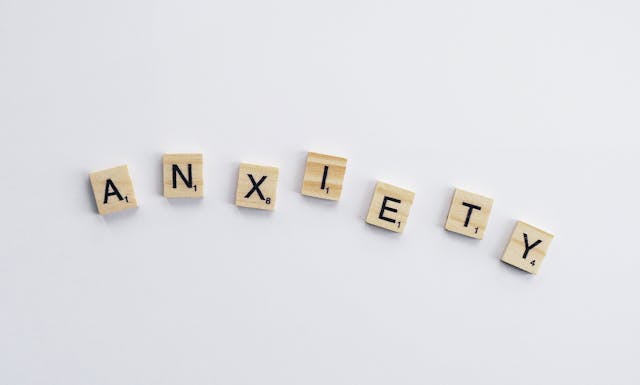Recognizing Early Signs of Anxiety and Depression: What You Should Know
Mental health is an important part of overall well-being, yet anxiety and depression often go unnoticed or misunderstood. Recognizing early signs can help you or someone you care about get the right support before symptoms become overwhelming. This article explains the basics of anxiety and depression and highlights key early warning signs to watch for.

What Are Anxiety and Depression?
Anxiety is more than normal worry. It involves intense, persistent feelings of fear or nervousness that can interfere with daily life.
Depression is more than feeling sad. It’s a prolonged state of low mood, loss of interest, and lack of energy that affects how you think and function.
Both conditions are common and treatable, but early recognition is important for better outcomes.
Early Signs of Anxiety to Watch For
- Constant worry or feeling “on edge” even when there is no clear reason
- Difficulty concentrating or mind going blank
- Physical symptoms like rapid heartbeat, sweating, stomach aches, or headaches
- Avoiding places or situations out of fear
- Trouble sleeping or feeling restless
- Irritability or feeling overwhelmed easily
If these signs last for weeks and start affecting daily activities, it may be time to seek help.
Early Signs of Depression to Watch For
- Feeling sad, empty, or hopeless most of the day, nearly every day
- Loss of interest or pleasure in activities once enjoyed
- Changes in appetite or weight (eating too much or too little)
-
Trouble sleeping or sleeping too much
- Low energy or feeling tired all the time
- Difficulty concentrating or making decisions
- Feelings of worthlessness or excessive guilt
- Thoughts about death or suicide
Not everyone experiences all symptoms, but several of these signs lasting for two weeks or more could signal depression.
Why Early Recognition Matters
Recognizing anxiety and depression early can:
- Prevent symptoms from worsening
- Help you find effective treatment sooner
- Improve quality of life and daily functioning
- Reduce risk of complications like substance abuse or physical illness
Talking openly about mental health is key to breaking stigma and encouraging support.
What to Do If You Notice These Signs
- Talk to a trusted person: Sharing your feelings with a friend, family member, or counselor can provide relief and guidance.
- Seek professional help: Mental health professionals can offer diagnosis and treatment options like therapy, medication, or lifestyle changes.
- Practice self-care: Regular exercise, healthy eating, good sleep, and mindfulness can help manage symptoms.
- Avoid isolation: Staying connected with others is important for emotional support.

Final Thoughts
Anxiety and depression are common but serious conditions. Early signs often appear before the full illness develops. By learning what to look for, you can take action to support yourself or loved ones.
If you or someone you know is struggling, don’t hesitate to reach out. Help is available, and recovery is possible. Recognizing early signs is the first step toward healing.












